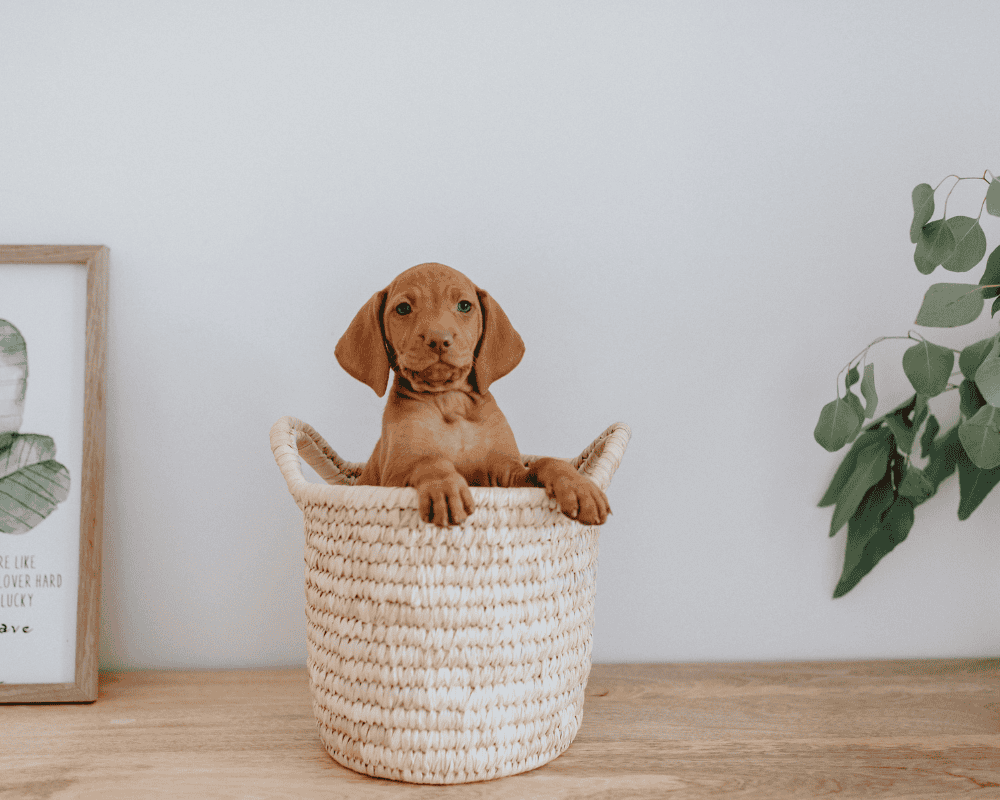
The Emotional Benefits of Bringing Puppies Into Your Home
Table of Contents
Puppies have a remarkable capacity to recover from their psychological impairments. However, they cannot progress if they always stay in their comfort zone. Ensure the buyers receive your vet’s written guarantee and a health record. They should also be provided with the puppy’s food and feeding schedule.
Companionship

The word companion usually refers to a relationship with another person. However, animals can also provide companionship. Pets can make great companions for people of all ages, genders, and backgrounds. They can help alleviate loneliness and increase physical activity and social interaction. Having a dog or cat as a companion can also benefit people with little outdoor activity, as these pets are often content with spending time indoors. While there are many benefits to having a pet for companionship, it is important to note that the human-animal bond differs from the bond between friends or family members. The former is a platonic relationship where both parties are not romantically involved, while the latter has a romantic component. It is important to remember that, even if your new puppy is from a responsible breeder and has spent time in a healthy environment, it will still take some time for them to adjust to the social interaction of a home. As such, it is recommended that you initially allow your dogs to meet in a neutral location, such as a park and smell each other through a barrier like a screen door or gate while you supervise them. Eventually, you can move the meeting inside your home but keep the dogs always separated. This will prevent your current dog from becoming possessive of its toys or food and potentially harming the younger puppy.
Love
Puppies are not only a source of companionship and entertainment, they also provide emotional health benefits to humans. Studies show that the love of a pet reduces stress, improves heart health, and can help children with their social skills.
When choosing puppies for sale, be sure to pick one that is healthy and has a good temperament. Look for a calm demeanour and a shiny, healthy coat free of sores, bald spots, or patches of hair loss. The puppy should also be playful, curious and social. Look for one that will play and roll over on its back for belly rubs, a sign of eagerness to bond. If you need clarification on the puppy’s temperament, observe how it interacts with its litter mates. Does one tend to be more aggressive than the rest? Is there a shy one that is reluctant to leave its comfort zone? Be a responsible dog-loving citizen, and don’t support the unethical practices of puppy mills by buying a puppy under eight weeks old. It is not safe or fair for puppies to be separated from their mothers before then. The nutrients in a mother’s milk are vital to the puppies’ development and growth. Sadly, irresponsible breeders and evil puppy mills exploit puppies for financial gain by selling them before they are eight weeks old.
Exercise

As any pet owner knows, owning a dog or cat brings physical and emotional benefits. Studies have shown that pets decrease stress levels, improve heart health, and teach children empathy. Whether you are looking for companionship or just a way to exercise, bringing a pet into your home is the perfect solution. When you get your puppy dog into your home, it is important to take your time to make sure she feels safe. When touching, allow her sides to connect your hand and then gently place your hand under her body. Once she is comfortable, you can slowly start lifting her off the ground. However, it is important to remain calm and quiet during this process. Any sounds or movements could frighten the dog and cause her to retreat into her comfort zone. If you already have a dog at home, introduce them to each other by letting them see and smell each other through a screen door or fence-like barrier such as a baby gate with you supervising them. Allow the dogs to stay in this position for a few hours to share their scents and get to know one another.
Socialisation
As the puppy grows, socialization is crucial to helping the dog adapt to the human world. Studies show a direct correlation between a lack of early socialization practices and undesirable adult dog behaviours, such as aggression and fearfulness.
Insufficiently socialised puppies often have a hard time adjusting to their new homes, which is why laws exist to prohibit the sale of animals that are too young to be raised as pets. Many pet owners attend puppy classes to socialise their puppies, and while these can be very helpful for some dogs, future research should examine whether it is necessary to enrol puppies in style on top of home-based socialization practices. It is also important for veterinarians to provide educational information about early handling and socialization. When introducing a puppy dog to people, keeping the encounters calm and nonthreatening is essential. Remain silent, as even a single sound could frighten the dog and prompt her to defend herself with biting. Gradually edge your hand, arm, or leg closer to the dog until she is comfortable enough to sniff you, then move on from there. Some puppies will never overcome their fear of humans and may need to be housed with another dog in a safe environment. If this is the case, the other dog should not be a puppy mill rescue and should have demonstrated through experience that she accepts human interactions.



